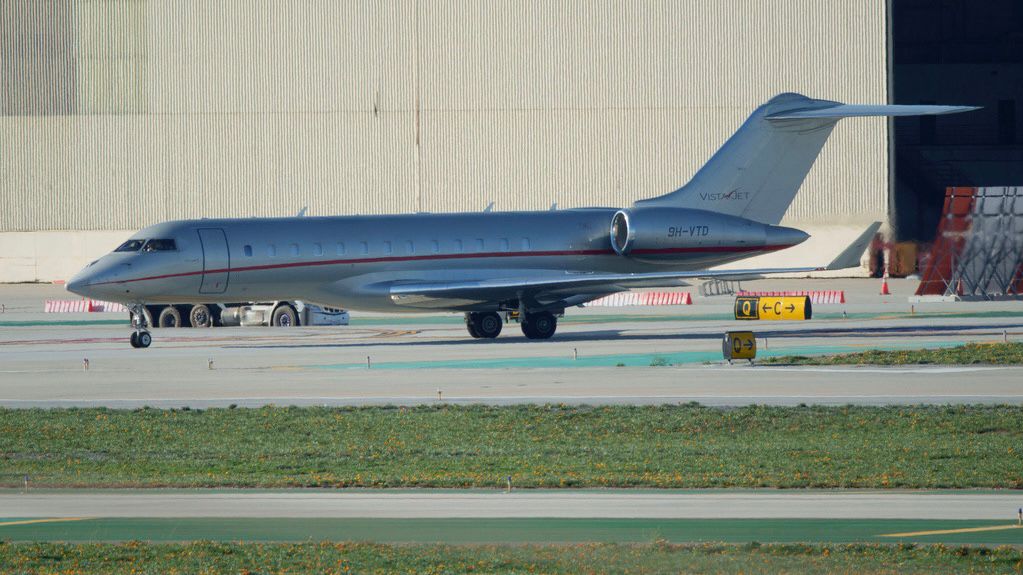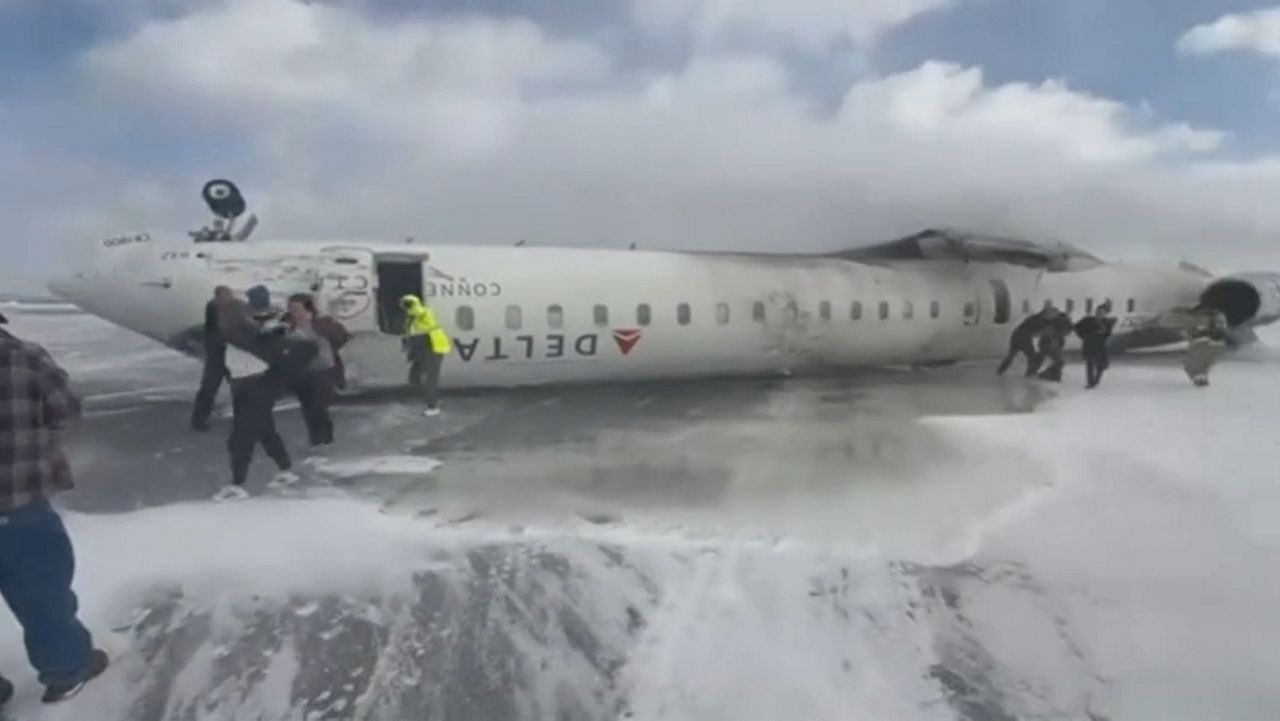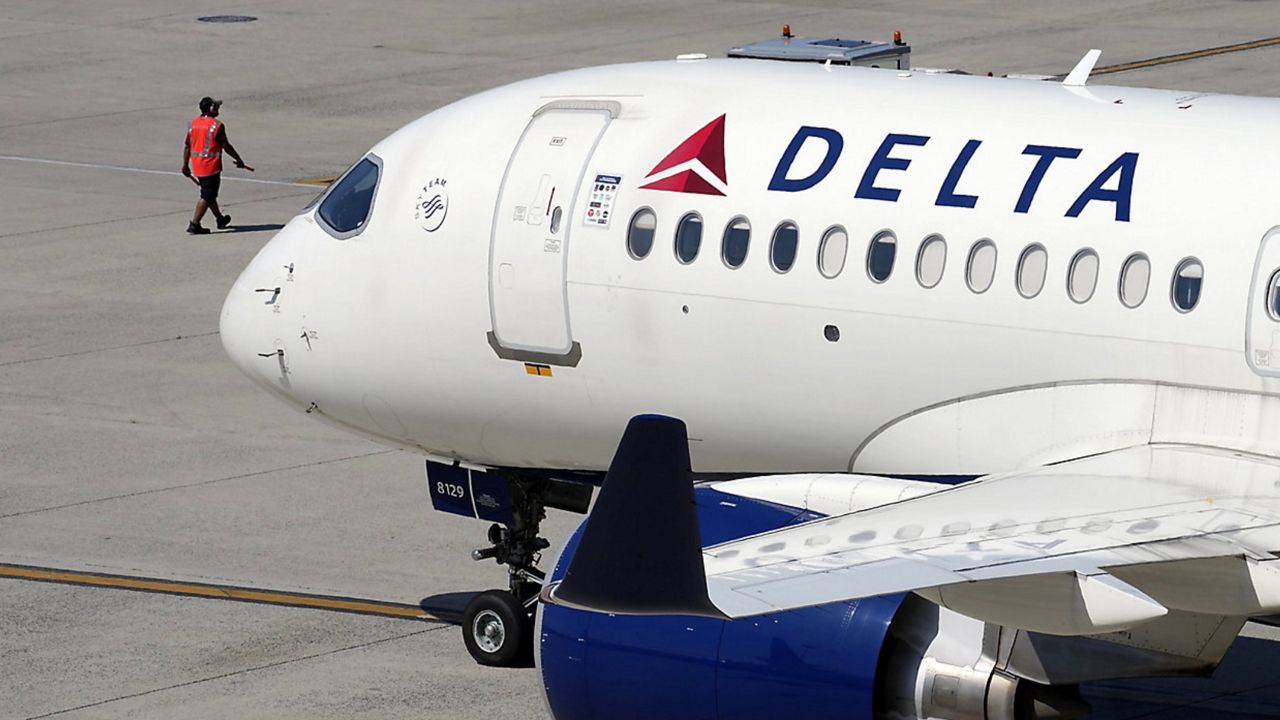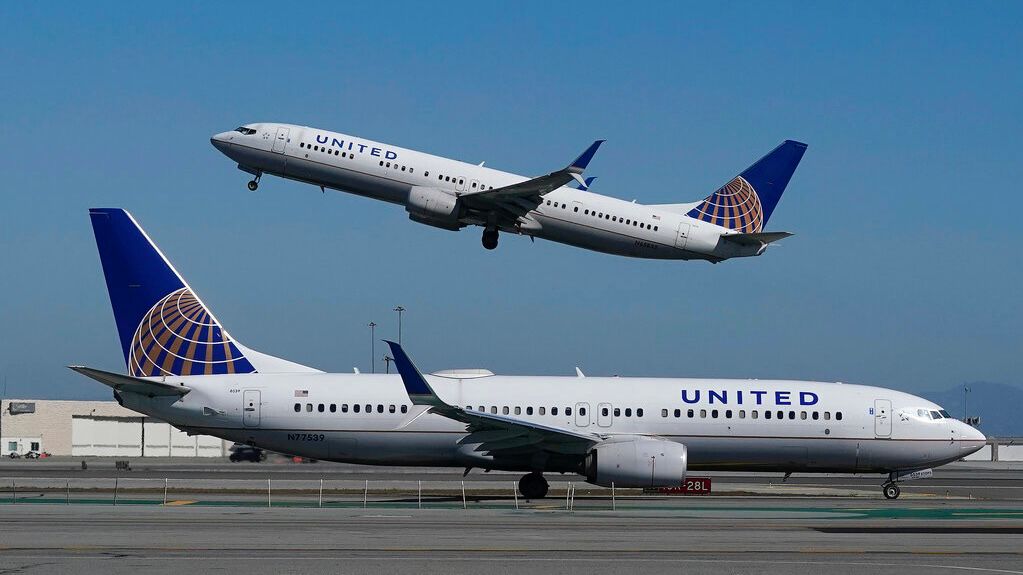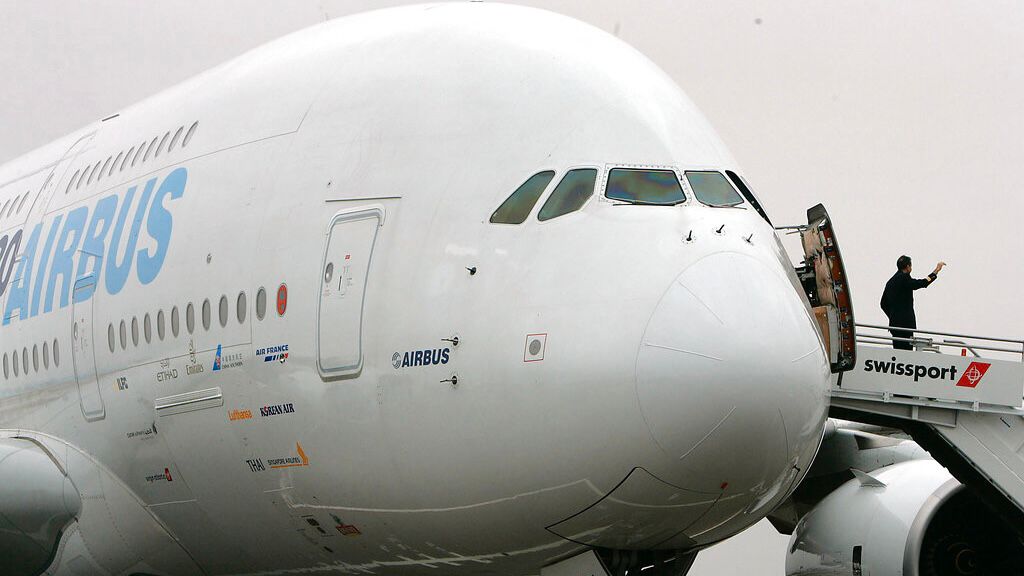The Federal Aviation Administration plans to increase the fees private jet users pay to maintain the national airspace.
Transportation Secretary Pete Buttigieg said the move is intended to stabilize funding for the Airport and Airway Trust Fund that helps pay for U.S. aviation system safety.
“The fact is we have one national airspace that integrates many users to move, seamlessly guided by thousands of FAA’s highly trained air traffic controllers, but that system is not paid for in fair and equitable terms,” Buttigieg said Monday during a briefing about the Biden Administration’s proposed 2025 fiscal year budget for U.S. Department of Transportation agencies.
“Business jets account for more than 7% of flights handled by the FAA but contribute just 0.6% of the taxes make up the Airport and Airway Trust Fund," he said.
The majority of that fund comes from regular airline passengers, who pay a 7.5% tax on their airline tickets, meaning the amount they pay in taxes increases with the price of their tickets.
The FAA plans to increase private jets’ fuel fees from $0.22 per gallon to $1.06 over five years. The agency said it is the first adjustment to the fuel fees in decades. Buttigieg said the increase in kerosene jet fuel fees on private jets is expected to generate $1.1 billion in additional revenue over five years and will be “used to help make the national airspace safer and more efficient for every American user.”
The proposed fee increase is in addition to the $21.8 billion in the proposed 2025 fiscal year budget for the Federal Aviation Administration to modernize its facilities, hire more air traffic controllers and ramp up safety oversight.
“The Boeing 737 MAX 9 incident of January 5th is a reminder of the enormity of FAA’s safety mission and our commitment to uphold the highest standards of quality in conducting safety oversight,” FAA Administrator Michael Whitaker said during Monday's briefing.
The FAA has been investigating several incidents involving Boeing airplanes following the midflight blowout of a door plug in early January. While $1.8 billion of the proposed FAA budget will go toward its Office of Aviation Safety “to provide critical support for production oversight and continued operational safety,” Whitaker said the FAA also intends to increase the ranks of air traffic controllers and modernize air traffic facilities.
“We need more air traffic controllers, and we’re hiring as many as we can,” Whitaker said. “Hiring and onboarding more controllers is essential to meet increasing traffic volume while safely integrating new users to the national airspace.”
Whitaker said the agency surpassed its hiring goal of 1,500 new controllers last year. It plans to hire at least another 1,800 new controllers this year and 2,000 in 2025.
For the first time, the president’s proposed fiscal year budget includes $1 billion for 2025 and $8 billion over five years as mandatory FAA appropriations to provide a more stable, predictable and long-term budget to enable better planning of multiyear capital projects.
Whitaker said many of the agency’s 350 air traffic control facilities are “beyond their useful life,” with most control towers being more than 40 years old.
The additional $8 billion the president is proposing over the next five years will allow the agency to modernize its air traffic control facilities and radar systems “critical to maintaining safe operation in the national air space,” he said.




